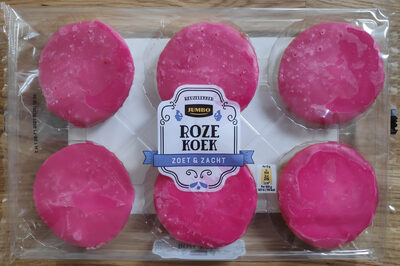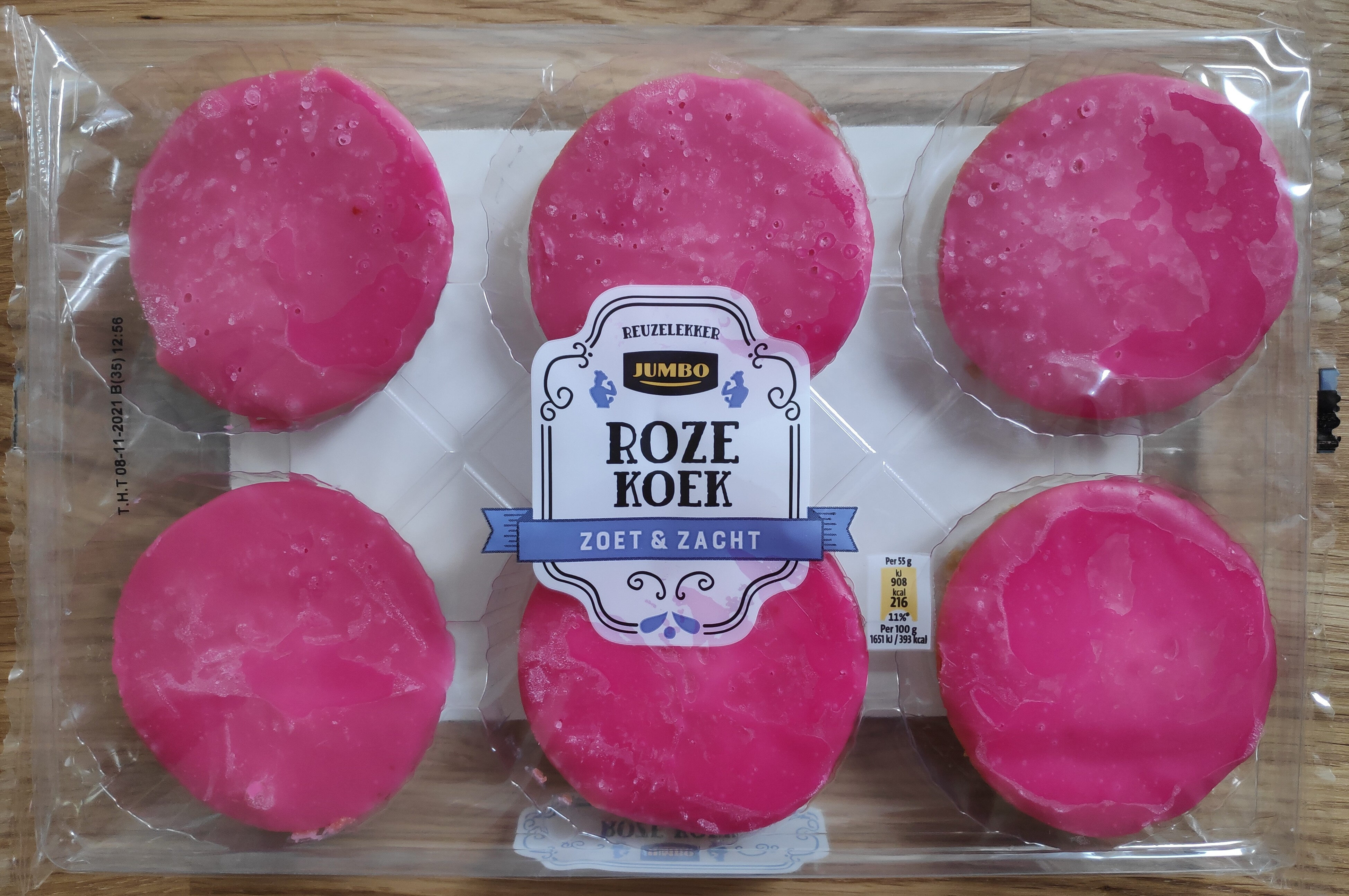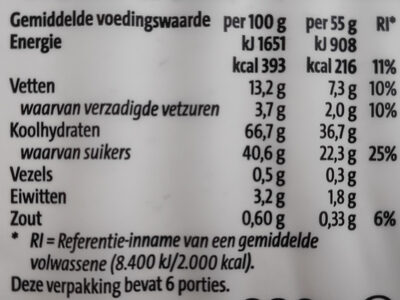Roze koek zoet & zacht - Jumbo - 330 g
This product page is not complete. You can help to complete it by editing it and adding more data from the photos we have, or by taking more photos using the app for Android or iPhone/iPad. Thank you!
×
Barcode: 8718452387847 (EAN / EAN-13)
Quantity: 330 g
Packaging: Plastic
Brands: Jumbo
Categories: Snacks, Sweet snacks, Biscuits and cakes
Labels, certifications, awards: Certified B Corporation
Matching with your preferences
Environment
Packaging
Transportation
Threatened species
Report a problem
Data sources
Product added on by blinkin89
Last edit of product page on by inf.
Product page also edited by openfoodfacts-contributors, packbot, roboto-app, teolemon.
If the data is incomplete or incorrect, you can complete or correct it by editing this page.








